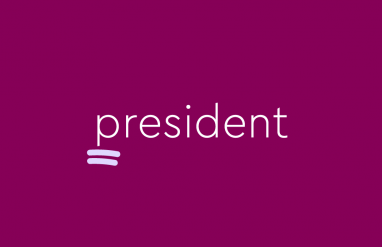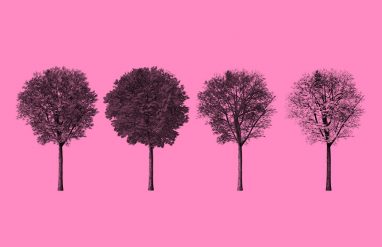Would you like to know the difference between the words will and would?
In this article, we will look at the different meanings of will and would, explore how and when we use each of these words, and give examples that show how will and would are typically used in sentences.
⚡ Quick summary
The word will is an auxiliary verb (helping verb) and modal verb with a variety of different uses. For example, it is often used to express expectations, determinations, and capabilities. Will is also used with all other verbs to form the future tense, as in We will buy milk at the store tonight. Would is the past tense of will and is the form of will used in the subjunctive mood to express hypothetical statements. Both will and would are used to ask questions, but would is considered to be more formal or polite when used in this context.
When to use will or would
The word will is an auxiliary verb (helping verb) and a modal verb. It is commonly used together with other verbs to express expectations, determinations, capabilities, and several other meanings. For example:
- My pug will eat anything if you let her.
- The forecast said it will rain tomorrow.
- Typically, a snake will shed its skin several times during its life.
Will is also used with every verb to form the future tense, as in I will go to the beach tomorrow.
The word would is the past tense form of will. In general, it is used in all the same senses of will to express that something occurred in the past.
For example:
- My grandparents claimed they would walk ten miles to get to school.
- When I worked as a mascot, kids would always be happy to see me.
- During her time as a food critic, she would visit many fancy restaurants.
The word would is also often used in place of will when using the subjunctive mood, a verb mood used to express hypothetical or conditional statements. When used this way, would is used to express conditional or hypothetical ability or possibility even when talking about the present or the future. When discussing the past in this context, the word would is often used alongside the auxiliary verb have.
For example:
- If given the chance, my cat would totally destroy this sofa.
- If we do nothing, the rainforest would surely be lost within a generation or two.
- Charlie would have become a doctor if he could have afforded medical school.
Like other auxiliary verbs, will and would often appear alone in sentences. In this case, they are still acting as auxiliary verbs and the main verb is omitted but still understood.
For example:
- Jack won’t be here tomorrow, but Sarah will (be).
- I can’t help you move because I am sick. Trust me, I would (help) if I could (help).
Both will and would are used to ask questions. For example:
- Will you help me clean the yard?
- Would you help me clean the yard?
In general, would is often considered to be more formal or more polite than will when asking questions because it seems less blunt or less direct. Grammatically, though, it is correct to use either one.
Verbs similar to will and would
There are two other helping verbs that act in much the same way as will and would. The past tense of the verb can is could and the past tense of the verb shall is should.
Can’t get enough? Then review this guide on can vs. could.
Examples of will and would used in a sentence
We will end our discussion by looking at a few examples that show how we typically use will and would in our sentences.
- The movie will be released internationally.
- We would have a big problem if we didn’t keep the hornets and bees in separate areas.
- Santa Claus will come back again next Christmas.
- We will never know how the author would have ended the story if they had lived to finish it.
- My old car would break down constantly, so I am going to make sure my new car will be sturdy and reliable.
Take The Quiz
Feeling confident about how much you’ve learned about these verbs already? If so, we think you will perform admirably on our quiz on will vs. would. You may surprise yourself with what you’ve learned!













